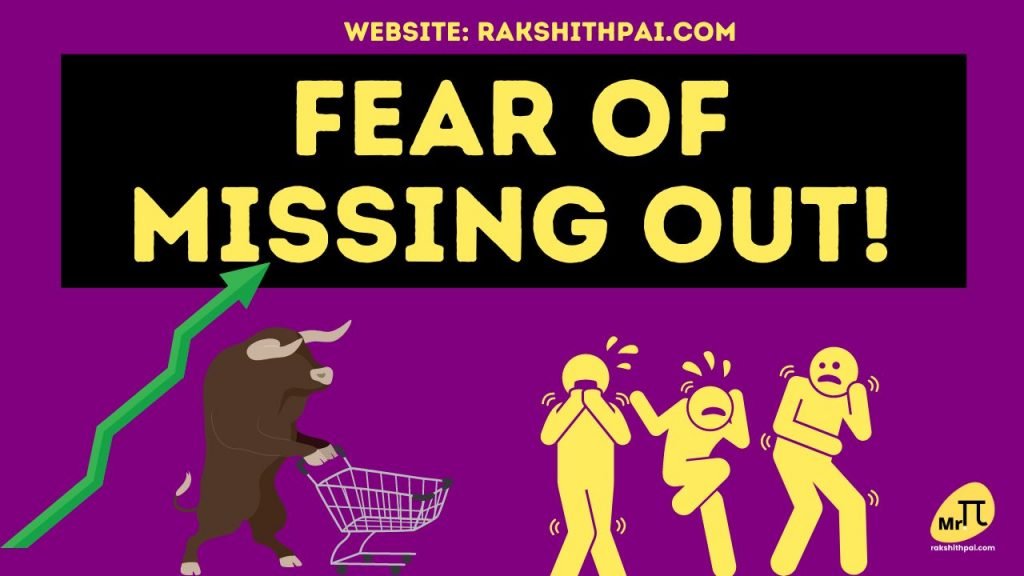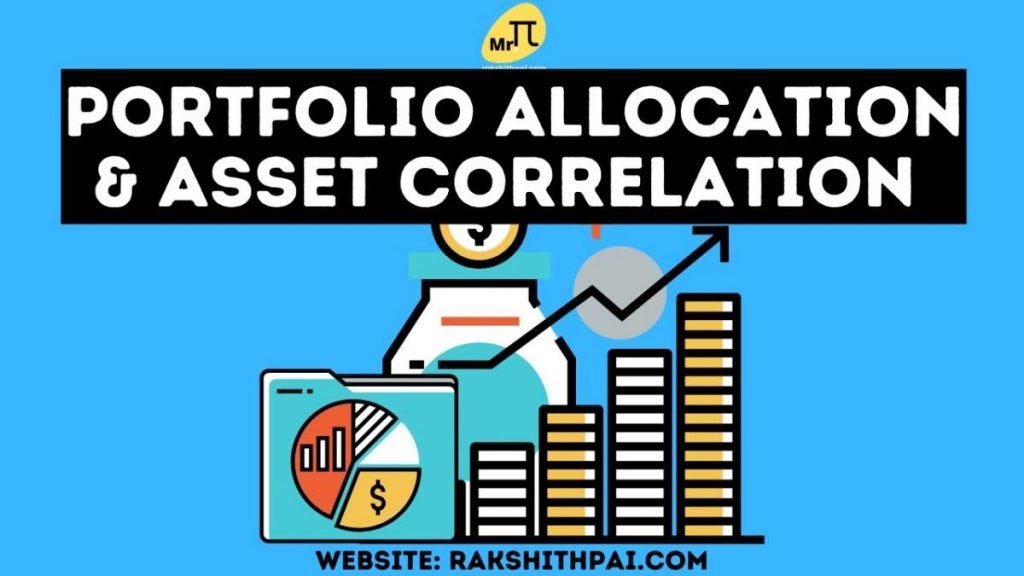Table of Contents
What’s A Personal Loan?
Any time an individual takes out a loan to meet a specific personal financial need, such as funding an investment in a business, the loan is considered a personal loan (sometimes called a consumer loan).
Personal loans may be used for a variety of purposes, with payback terms ranging from short-term to medium-term, and financing can occur quickly after approval. A personal loan might be useful whether you want to pay off high-interest debt, launch a business, or cover a large medical expenditure.
However, if you compare the costs of a personal loan to those of other forms of credit, you may find that they aren’t the most cost-effective choice. What you should do before considering applying for a personal loan is listed below.
How do Personal Loans work?
Getting a personal loan function similarly to getting any other type of loan. After reviewing your application and supporting documentation, the bank will evaluate your creditworthiness and provide you with a loan offer based on that.
If you choose to accept the offer, the money will be deposited into your bank account, and you’ll be free to use it only for the purpose for which you’ve applied for the loan.
There are certain loans that need not have any purpose. In such a case, you can use the money however you feel free to. But, please note that such loans are always high-cost loans. Meaning, the interest rates in most cases will be in double digits!
The loan must be paid back in equal monthly payments (EMI). The amount of each payment is based on the loan’s principal balance, the length of time it will be paid back, and the interest rate.
What Is a Personal Loan Used For?
The money from a personal loan can be put toward whatever you’d like. Expenses include the following:
- Medical Bills
- Education
- Shopping
- Petty expenses
- Others, etc.
When Is a Personal Loan a Good Idea?
A personal loan can be used for anything you want, but that doesn’t mean you should. An individual should consider taking out a personal loan if doing so would improve their financial status or supply them with much-needed finances.
If not, you should look at other borrowing options, such as low-interest credit cards, before committing to a personal loan. Personal loans are an option only in the following situations:
1. You don’t have a low-interest credit card and wouldn’t qualify for one.
2. The amount you need to borrow now is more than what is available on your credit cards.
3. You have no other option but to take a personal loan.
4. There is no security that you can provide.
5. If you need money for a limited time, a personal loan might be a good option. The standard term for a personal loan is between 12 and 60 months. But a loan within 3 to 6 months is preferred. The reason for this is the high cost of debt associated with a personal loan.
6. A longer-term personal loan may be advantageous if you anticipate receiving additional funds in the future. For example, suppose you have a large sum of money coming to you in two years but not enough to cover your expenses until then.

Five (5) Prominent types of loans:
Short-term Loan
A short-term loan is a loan taken out to meet an immediate monetary need, whether that obligation is temporary financial assistance for an individual or the running of a business. As with any form of borrowing, the loan’s principal plus interest must be paid back by the agreed-upon date, which is often less than a year after the loan was taken out.
Payback on a short-term loan typically occurs within a short period of time, thus the name. It’s expected to be repaid in no more than 12 months. Any loan with a term that is longer than that is classified as a long-term or medium-term loan.
Long-term loans have terms ranging from just over a year to over 30 years. There is no set deadline for repayment on certain short-term loans. It’s as simple as letting the debtor pay back the loan whenever they’re able to do so.
A short-term loan is the costliest form of a loan. Interest rates can range anywhere from 12% to 36% per year! That’s messed up.
I’m sorry if any of you have taken such a loan. If you have, then please don’t think of investing for now. There are very few assets that can give you over a 12 percent return on investment. I say this because your entire focus right now must be on repaying this loan, which is costing you more than 12% in interest.
Also, please be aware of “loan sharks.” It is illegal, but they are everywhere. To learn more about loan sharks, CLICK HERE!
Again, I’m saying, don’t ever take a loan for discretionary expenditures. And if at all you need to take a loan, then do this.
Types of Short term loans:
- Merchant Cash Advances
- Line of Credit
- Payday Loans
- Online or Installment loans
- Invoice financing
Tax Benefits/Deductions:
Short-term loans are loans under 12 months period. These loans are taken for meeting emergency cash requirements. So, You have no such tax benefits.
Loan Against an Asset
Loans are categorized in two forms.
- Secured loan
- Unsecured loan
A loan against property (LAP) is a secured loan in which the borrower pledges either commercial or residential real estate, gold, silver, equity, debt instruments, etc. as collateral to the lender in exchange for a loan. Almost all assets that are valued correctly are eligible for “loans against property.”
What’s the use of any asset if it’s not aiding us in these difficult times? Right?
A loan against an asset is when you take a loan on your property, mutual fund units, bonds, provident funds, gold, etc. Usually, loans secured by assets have lower interest costs.
Remember, suppose you pledge your asset as collateral for a loan. The loan amount could be 70 to 80% of the total asset price.
For example, pledging gold worth Rs.1 lakh might give you cash of around 70 to 80k that’s it.
Tax Benefits/Deductions:
As per Section 24b, you can take a loan against property and claim a tax deduction of up to Rs. 2 lakhs.
Credit Card Loan
The maximum amount that can be charged to a credit card in a given billing cycle is known as the “credit limit.” However, most banks offer loans against credit cards, which can be useful if you need cash quickly and for a short period of time.
You may use your available credit to borrow money, the details of such a loan are available alongside your credit card details. You’ll have access to your loan limit as soon as the bank authorizes your loan application.
All bank loans come with an interest rate that borrowers must pay back. This loan can be paid back over a certain period of time using Equated Monthly Installments (EMI).
Credit card loans are one of the fastest-growing personal loan segments in India. Mostly because of the 2000+ calls we get from our banks, right?
For an introvert like me, only two types of people call us.
- Asking for a credit card
- The other one is asking for insurance.
Anyway, a credit card is costly; the interest cost is around 24% to as much as 48% per annum.
Usually, credit card interest charges are based on the MPR, which stands for the monthly percentage rate. Multiply this rate by 12, and you’ll know what your interest rate on a credit card is.
The Indian credit card industry is expanding at a rate of more than 20% per year. As of 2021, total spending is estimated to be around Rs 11,500 crore.
Even in this case, since credit card spending is considered a luxury item, you won’t get any tax benefits. In fact, if you are paying credit card bills of over Rs 1 lakh, you are likely to receive a notice from the IT department.
Home Loan
Home loans are secured loans used to finance the acquisition of a real estate by using the property as collateral. Home loans provide access to large sums of money at low rates of interest and for extended periods of time. They are paid back in monthly installments. The title to the property is handed over to the borrower once all payments are made.
If the borrower can’t pay back the loan, the lender has the right to foreclose on the property and sell it to get the money back.
Hence, a home loan is a loan taken out with a bank or other lending organization in order to finance the purchase of a home. Both the interest rate and the conditions of repayment on a mortgage can be changed over the loan’s life.
Did you know that India’s personal loan market is worth over Rs. 37,700 crores? Out of which, almost 50% of the loan is a housing loan amounting to Rs. 18,250 crores.
And that’s because we Indians give a lot of consideration to owning a house. Right?
Now, typically speaking, a housing loan is one of the cheapest forms of personal loan. wherein your interest cost is around 6–10% and over, depending on your credit score, loan amount, loan period, etc.
Nowadays, you can get a home loan to buy a fully-built house or even to start from scratch. You can even get loans for repair and renovation costs.
Usually, housing loans are for periods exceeding 10 years and can be for as long as 30 years.
Tax Benefits/Deductions:
- You can claim up to Rs. 2 lakhs and another Rs. 30,000 under Section 24.
- 80-C deductions on the principal portion up to Rs. 1.5 lakhs
- Additional loan interest is deductible under 80 EEA up to Rs. 1.5 lakh if you took out the loan between April 2019 and March 2022.
Auto Loans
Personal two- and four-wheeled vehicles can be financed through a vehicle loan. In most cases, a lender will loan the money (making a direct payment to the dealer on the buyer’s behalf), and the buyer will return the loan in equated monthly installments (EMIs) over a certain period of time and at a certain interest rate.
Auto loans are one of the fastest-growing personal loan segments in India, with a growth rate of 20% per annum. I don’t know what we’ll do with so many cars on the road. I mean, think of metropolitan cities. There’s no place for parking. It has become a big issue now.
Anyway, your car loan is kind of costly. because your car is costly. Did you know that when you buy a car, you pay anywhere from 29-30 to nearly 43 percent in taxes, cess charges, and other fees? Whereas for an Electric vehicle, you’ll pay 12% GST, but there are other ways to bear the cost.
Car loans are available at around 8 to 10 percent interest, and if you default on the loan, they’ve every right to take your car. Also, since a car is a liability, subscribing to debt to take on liability is not a suggested option unless owning a car makes your life easier. I mean, unless absolutely necessary, avoid taking out a vehicle loan.
Tax Benefits/Deductions:
Since a car is a luxury item in India, there are no tax breaks for people who buy one for personal use.
However, if you own an electric vehicle, you can deduct interest costs up to Rs. 1.5 lakh under Section 80EEB.
Conclusion:
Any time an individual takes out a loan to meet a specific personal financial need, such as funding an investment in a business, the loan is considered a personal loan (sometimes called a consumer loan). There are three features shared by all personal loans: Debt documentation (promissory note) A borrowed sum (principal)
All the loans mentioned are for personal consumption only. You can get additional tax breaks and other benefits if you take out a business loan instead of a personal one. And for that, the loan you are taking on, like the asset, must be in the name of the business.
Also, the rates mentioned in this article can change based on your credit score, your loan period, and the amount of the loan.
For More Information, Check this Video:
Disclaimer: All the information on this website is published in good faith and for general information purposes only.









